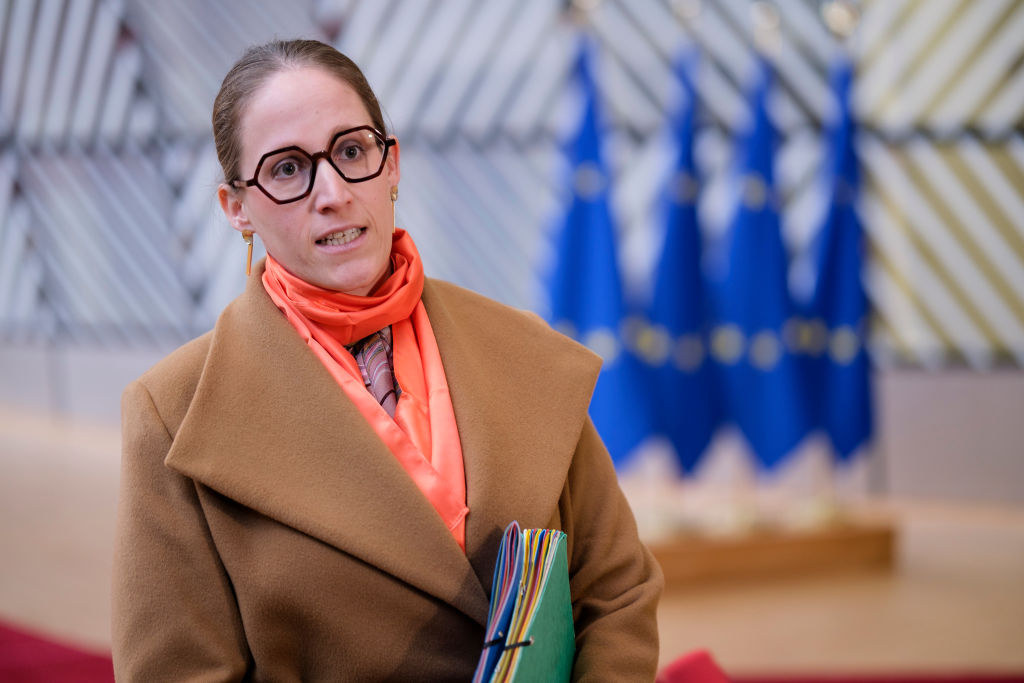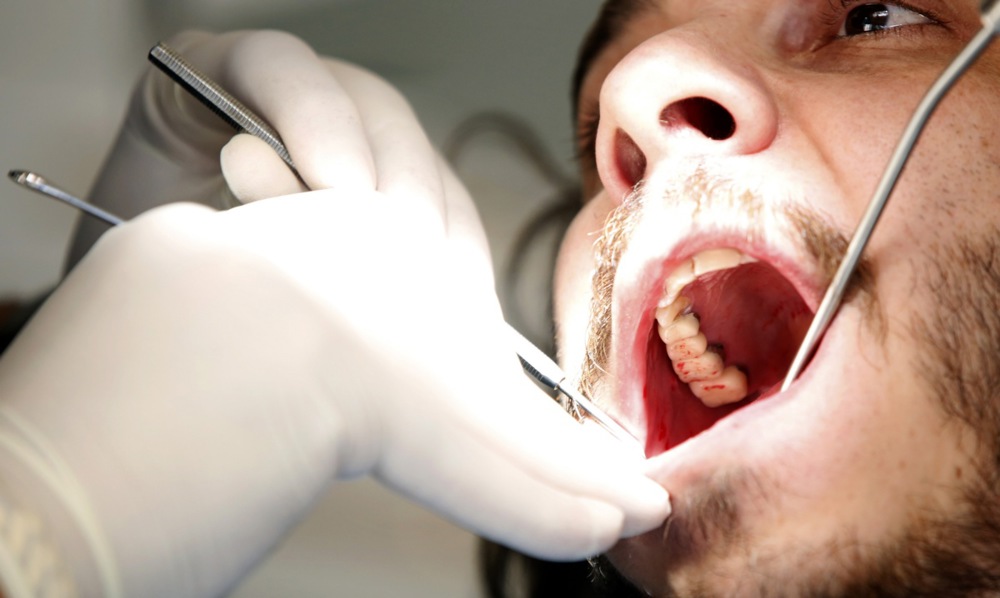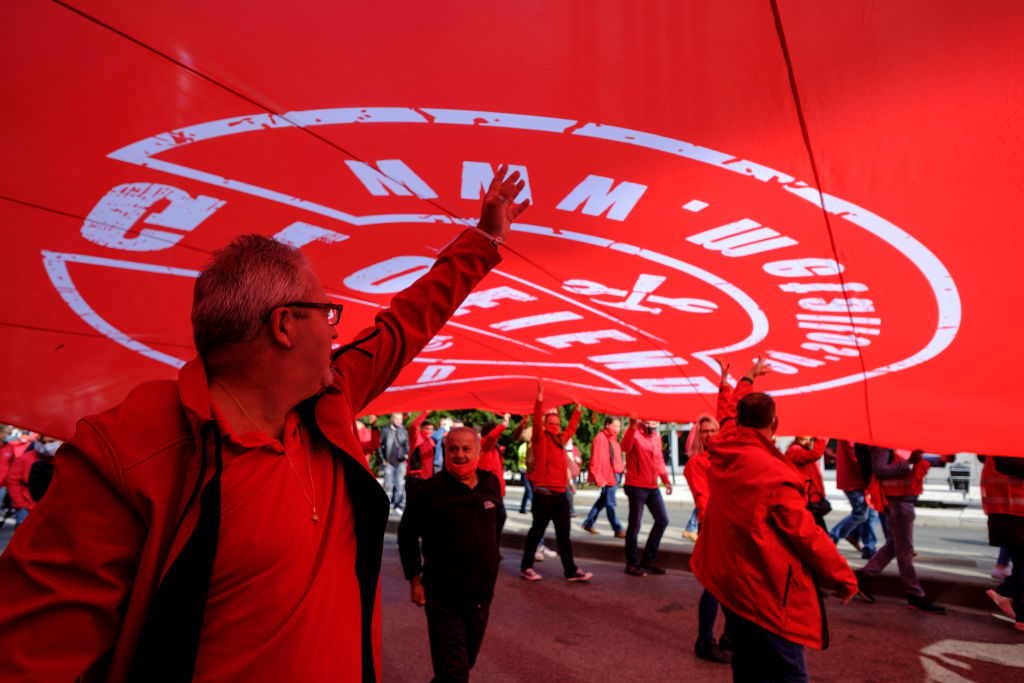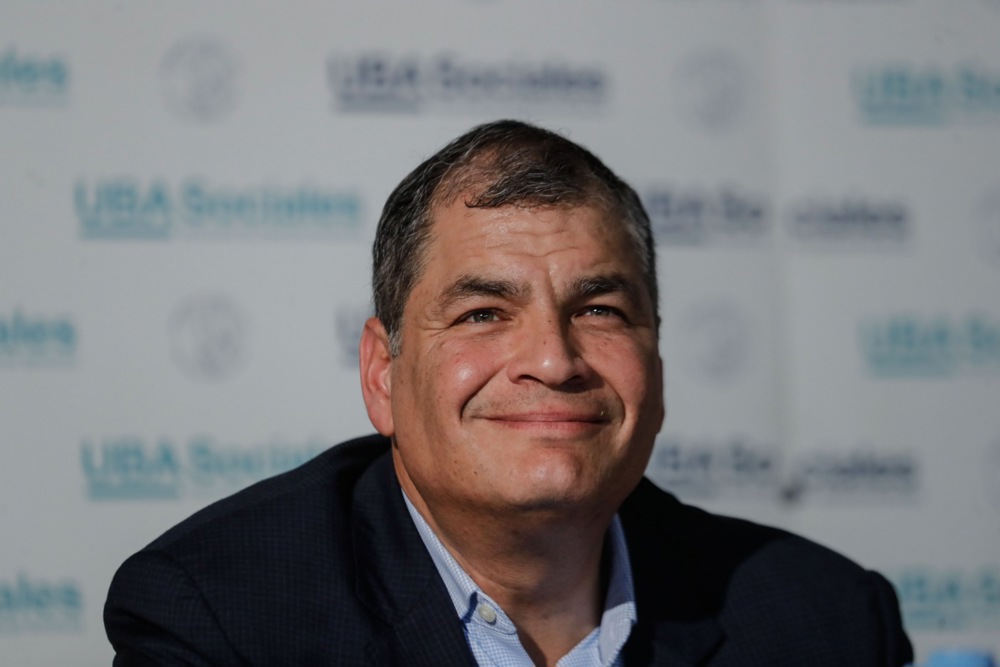Belgium’s Minister of Foreign Affairs Hadja Lahbib wants European Union enlargement to be prioritised during the six-month Belgian Presidency of the Council of the EU that starts in January 2024.
The expansion of the EU will “become a priority of the Belgian presidency in early 2024,” Lahbib said, according to Belgian daily De Standaard.
Her comments came as she was visiting Moldova, which is keen on fully entering the EU, to ceremoniously inaugurate the new Belgian Embassy in the Moldovan capital, Chisinau.
Moldova is officially a Candidate Member of the EU. It is expected that the European Commission will give the green light in October to start actual accession negotiations.
“We must now address the challenge of enlargement and put an end to ambiguities,” said EU Council President Charles Michel in early September. He said he aimed to have the bloc expanded by 2030.
Lahbib, on a two-day visit to Moldova and Romania, fully supported that viewpoint. “It’s good that this has been made concrete,” she said.
“When I was recently in the Balkans, I heard the same call for clarity there. Enlargement will therefore also be a very important theme for the Belgian EU presidency at the beginning of next year. We will need to think about the institutions, the budget, and the decision-making processes.”
In this context, Lahbib also visited the European Partnership Mission in the Republic of Moldova (EUPM). European experts assist the Moldovan Government in the fight against Russian disinformation and interference.
Just visited the EU Partnership Mission @EupmMoldova in Chișinău????. We firmly support the EU's commitment to strengthening Moldova's security resilience against crises and hybrid threats, including cyber threats and foreign interference. pic.twitter.com/y6rQ0DhSm4
— Hadja Lahbib (@hadjalahbib) September 6, 2023
In February this year, Moldovan President Maia Sandu announced her government had uncovered plans by Russian intelligence “to destabilise and overthrow the country”, allegedly by creating discontent through disinformation campaigns and igniting a national crisis with a series of terror attacks.
Moldova has shown a strong desire to join the EU. In May, more than 75,000 people rallied in Chișinău, the capital of Moldova, in support of the EU membership aspirations of their government.
European Parliament President Roberta Metsola spoke at the rally and said she hoped Moldova might open accession negotiations this year.
Moldova is a country of just 2.6 million inhabitants and is one of the poorest in Europe. It is plagued by high levels of corruption, something that has to be addressed before joining the EU as one of many conditions that must be met.
Alongside combating fraudulence, money laundering and organised crime, the country must also ensure equal opportunities, the rights of the LGBTIQ+ community, and implement European directives into domestic legislation.
A delegation of Moldovan officials will visit Brussels in the near future to learn how to navigate the administrative complexities of the EU and translate European rules into Moldovan laws.
There is also an unrecognised breakaway state in the country – Transnistria. Russia has a military presence in the region and supports the separatists.
On July 26, Moldova cut the number of diplomats Russia can have in Chișinău, citing years of “hostile actions” by Moscow and a media report about possible spying equipment installed on the Russian Embassy’s rooftop.
Moldova is one of seven candidate countries hoping to join the EU along with Albania, Montenegro, North Macedonia, Serbia, Turkey and Ukraine.
Next to those, there are three potential candidates, Georgia, Kosovo and Bosnia and Herzegovina.
On September 7, the High Representative of the EU for Foreign Affairs and Security Policy Josep Borrell gave an interview ahead of his visit to Georgia.
He spoke about further integration into Europe and the country’s path to EU membership while warning Georgia over the fact that its “alignment rate” with EU foreign policy decisions and actions is currently too low.
The Georgian people share EU values & support EU integration
EU is firmly committed to support Georgia on its path to EU membership
The Georgian authorities should seize this historic moment
Full Interview ahead of my visit to the country with @CivilGehttps://t.co/GSCxJmjDWq
— Josep Borrell Fontelles (@JosepBorrellF) September 7, 2023





